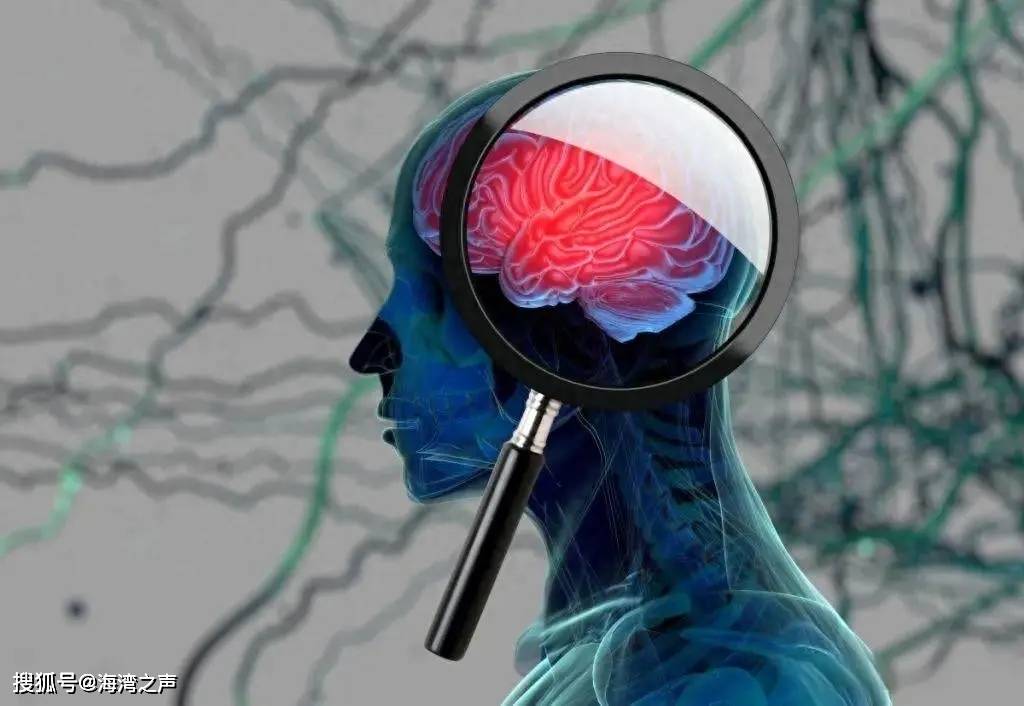High blood pressure and avoiding brain hemorrhages: 4 types of food to limit; otherwise, medication may be ineffective.
From the official account of the Rong Media Center in Chongxin County, Gansu
High blood pressure is a common chronic disease. Controlling blood pressure relies not only on medication but also on detailed adjustments in daily life.
In other words, if you don’t pay attention to your diet regularly, taking medication might not yield the desired effects. Especially with certain foods, which may seem ordinary but can significantly impact blood pressure.
Today, we will discuss the four types of food that people with high blood pressure should avoid to ensure their treatment remains effective.
The relationship between high blood pressure and brain hemorrhage
Brain hemorrhage refers to the rupture of blood vessels in the brain, causing blood to flow into brain tissue, typically presenting with sudden headaches, nausea, vomiting, and in severe cases, leading to coma or even death.
High blood pressure is one of the primary risk factors for brain hemorrhage. Long-term high blood pressure can cause the blood vessel walls to thicken and harden, increasing the risk of rupture. When blood pressure is too high, the internal pressure in the blood vessels becomes excessive, easily leading to ruptures and consequently resulting in brain hemorrhage. Therefore, controlling blood pressure is crucial for preventing brain hemorrhages.
For those with high blood pressure who wish to avoid brain hemorrhages, these four types of food are best kept to a minimum.
1. Organ meats
Organ meats, such as pig liver and beef kidneys, are nutrient-rich but also high in cholesterol and fat. If consumed in excess by middle-aged and older individuals, they can increase blood lipids and blood pressure, raising the risk of brain hemorrhage. It is recommended to limit these foods and replace them with fish and lean meats to supplement protein.
2. High-salt foods
High-salt foods such as pickles, preserved foods, and fast food can increase sodium levels in the body, which leads to elevated blood pressure. Consuming a diet high in salt over the long term can put considerable pressure on blood vessels, making brain hemorrhages more likely. Try to minimize salty foods and replace them with low-salt or salt-free seasonings.
3. Fried foods
Fried foods like French fries and fried chicken are tasty but high in fat, leading to increased blood lipids and making blood vessels more prone to hardening. These factors can exacerbate high blood pressure. Fried foods can be had occasionally, but should not be consumed frequently; instead, opt for steaming or stewing as healthier cooking methods.
4. Sugary drinks and desserts
Sugary drinks and desserts, like soda and cake, are high in sugar, easily leading to weight gain and elevated blood sugar levels. Weight gain and high blood sugar can further impact blood pressure. It is advisable to choose fruits and unsweetened tea as substitutes, which can satisfy taste while controlling sugar intake.
How to lower high blood pressure: keep these 5 points in mind
1. Take medication on schedule
High blood pressure medication is crucial for controlling blood pressure, but relying solely on medication is insufficient. Always follow the doctor’s instructions to take medication on time and in the correct dosage; do not arbitrarily increase or decrease medication amounts or stop taking them. If any side effects or discomfort occur, inform the doctor promptly to adjust the medication plan.
2. Control salt intake
Salt is the “enemy” of high blood pressure. Try to limit salt intake to no more than 6 grams per day. Reduce consumption of salty foods such as pickles, preserved foods, and fast food, all of which are high in salt. Spices and condiments can be used to enhance the flavor of food while keeping salt usage minimal.
3. Increase physical activity
Engaging in moderate exercise for 30 minutes each day, such as brisk walking, biking, or swimming, can help lower blood pressure. Exercise helps enhance cardiovascular function, reduce weight, and maintain blood pressure within a normal range. Remember, there’s no need to start off with intense exercise; gradually increase your activity level and consistency is key.
4. Control weight
Being overweight increases the burden on the heart, triggering high blood pressure. Controlling weight through a balanced diet and regular exercise can aid in lowering blood pressure. Losing weight not only reduces blood pressure but also benefits overall health.
5. Manage stress
Long-term excessive stress can lead to elevated blood pressure. Learn to relax, take appropriate breaks, and avoid overworking or excessive tension. Consider deep breathing, walking, or engaging in enjoyable activities to relieve stress and anxiety.
Content source: One Point
Author: Chief Editor of “Latest Current Affairs Online” Gao Shan Qishi


